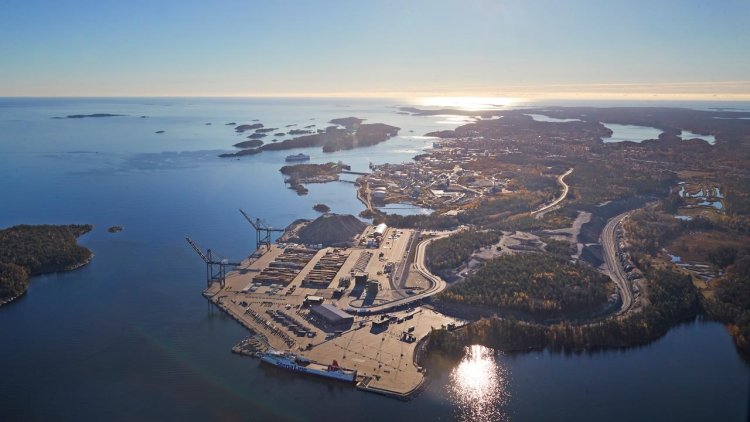Government gives green light for three Ports of Stockholm EU grant applications
The major focus of the projects is the development of the electricity infrastructure. This will support the transition to greener shipping by lowering quayside air particle emissions.

Government approval has been given for all three applications from Ports of Stockholm, in collaboration with other ports, to be submitted to the EU Connecting Europe Facility (CEF) to apply for grant funding.
The goals include augmenting the electricity infrastructure by increasing onshore power connections at Ports of Stockholm and other ports. This is intended to ensure transition to more sustainable shipping with minimal quayside air particle emissions.
“Together with other ports and stakeholders, we want to enable the rapid and safe expansion of onshore power connections for vessels at the quayside throughout the entire Baltic Sea region. This positive decision from the Swedish Government shows the increased electrification of the transport sector, with a focus on shipping, is a prioritised area. This expansion will result in a greater ability to meet our own and the EU environmental goals,” says Jens Holm, Chair of the Board of Ports of Stockholm.
The development of onshore power connections for container and passenger ships in core ports is one of the 2030 targets of the EU climate goals and “Fit for 55” conversion to greener shipping policy.
“National and international collaborations with other ports and stakeholders in these types of projects are important factors for future success in achieving environmentally beneficial results for port operations and shipping in general. We see an obvious added value in using external funding in the form of EU grants to be able to accelerate our environmental initiatives, in this case our proposals for onshore power connections at the quayside,” explains Lotta Andersson, Public Affairs and EU Coordinator.
If the projects are awarded EU funding, they will run between 2024 and 2025, or until 2026 at the latest.



























